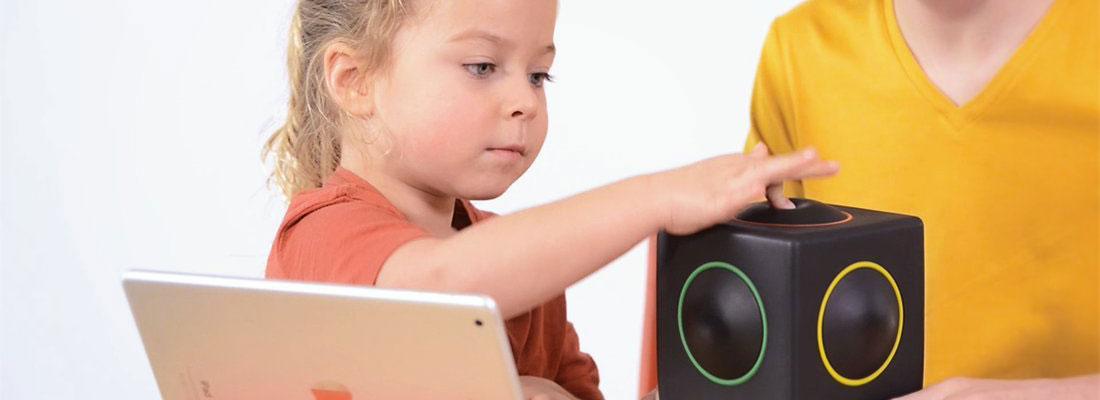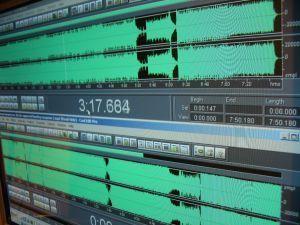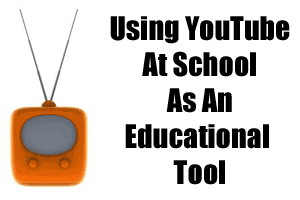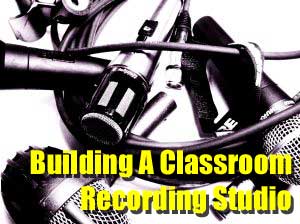- Details
- Written by Chad Criswell
Including students with disabilities into a traditional music education classroom may seem like a challenge, especially when the class is very performance oriented such as in a band, orchestra, or general music setting. With the effective and well planned use of technology, a motivated teacher can help any student at any functional level become a part of the music making process.
NAfME has made an effort to emphasize this fact through the new national standards, writing them with universal design for learning in mind. Adapting to almost any disability is often as simple as finding the right tools to meet the needs of the specific student, and such accommodations need not be incredibly expensive or complicated to use.
- Details
- Written by Chad Criswell
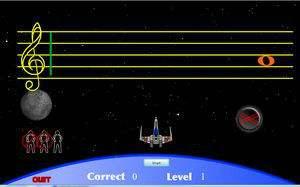 Want to help your band students learn their notes and let them have fun in the process? Take a closer look at Staff Wars 2, a software program for the PC and Mac produced by The Music Interactive. With Staff Wars 2 they can learn their fingerings and blow up the Death Star at the same time.
Want to help your band students learn their notes and let them have fun in the process? Take a closer look at Staff Wars 2, a software program for the PC and Mac produced by The Music Interactive. With Staff Wars 2 they can learn their fingerings and blow up the Death Star at the same time.
Read more: Staff Wars 2 Makes For Fun Instrumental Fingering Practice
- Details
- Written by Chad Criswell
By the time our students reach the upper grades most schools see dwindling interest and enrollment in music education classes. Even in schools with strong music programs it is not uncommon to see 20% or less of the student body enrolled in music classes of any kind. As has been discussed in previous technology articles here in Teaching Music, many teachers are trying to counteract that trend by offering classes that appeal to our student’s intrinsic need to create and perform through the use of technological tools. Software programs such as Sequel, GarageBand, Pro Tools, MixCraft, Abelton Live, and many others are being used in a wide variety of these new classroom offerings, breaking down the psychological and educational barriers that had once closed this majority of students out of secondary school music programs entirely.
Read more: Music Education, Technology, and The New NAfME Standards
- Details
- Written by Chad Criswell
 The Fourth Of July is just around the corner, and with it come thoughts of the patriotic music that we have all grown up with to celebrate the birth of our country. Over the past several months I have been working to create a series of sheet music collections to allow music students on any instrument to play the most often requested of these patriotic standards. All of these pieces of traditional patriotic music are written to be playable by any musician, including beginners. Parts are included in Adobe PDF and in Sibelius SIB formats. For each of the pieces you can view a copy of the full conductor's score and listen to it as well using the free Sibelius Scorch plug-in.
The Fourth Of July is just around the corner, and with it come thoughts of the patriotic music that we have all grown up with to celebrate the birth of our country. Over the past several months I have been working to create a series of sheet music collections to allow music students on any instrument to play the most often requested of these patriotic standards. All of these pieces of traditional patriotic music are written to be playable by any musician, including beginners. Parts are included in Adobe PDF and in Sibelius SIB formats. For each of the pieces you can view a copy of the full conductor's score and listen to it as well using the free Sibelius Scorch plug-in.
- Details
- Written by Chad Criswell
The growth of YouTube is changing the way many teachers incorporate video presentations into their curriculum. No longer is it necessary to purchase or maintain a large collection of DVD's or music files as the vast majority of that same content can now be found online with just a simple web search. We spoke to Tom Rudolph, former director of music at Haverford Township School District in Havertown, PN and the author of the book YouTube in Music Education to get his insight into how YouTube and other online video sites can help us improve and expand on the educational opportunities we provide to our classrooms.
- Details
- Written by Chad Criswell
Music education programs across the country are coming under fire during tough economic times. In every corner of every state booster organizations and music education advocates are tuning up to try to save their local band, choir, orchestra, and general music programs. In order to provide a powerful, positive defence of why music should be in the schools we have to have powerful, valid arguments for why it is important. The problem is that some of the commonly held assumptions about music education are no longer valid.
When going before a school board and pleading a case for your local music program you have to have solid, verifiable facts, preferably with numbers showing your data is relevant the local issue. This article focuses on one of the more popular myths and assumptions about music education that may actually weaken an argument rather than strengthen it.
- Details
- Written by Chad Criswell
Scott's Valley is an excellent example of what an educational recording studio curriculum can look like in a secondary school setting but teachers don't have to go that far in order to reap the benefits that even a small studio can provide. Teachers can turn a modest investment in equipment into a recording studio that will meet a wide variety of needs. Richard McCreedy, music technology teacher at River Hill High School in Clarksville, MD and Dennis Mauricio, music technology teacher at Hilltop High School in Chula Vista, CA are two such teachers with a wide range of ideas and experiences to share on the topic.
Read more: The Classroom Recording Studio- Building Your Studio
- Details
 MakeMusic announced today that their upcoming release of Finale Notepad 2012 will once again be a free download beginning on February 15th just as it was back in 2008. No real details on the new version are available and I have not yet seen the finished product, but it looks as though the features and capabilities of Finale Notepad 2012 will be roughly the same as in past versions.
MakeMusic announced today that their upcoming release of Finale Notepad 2012 will once again be a free download beginning on February 15th just as it was back in 2008. No real details on the new version are available and I have not yet seen the finished product, but it looks as though the features and capabilities of Finale Notepad 2012 will be roughly the same as in past versions.
Read more: MakeMusic Announces Free Finale Notepad 2012 and Viewer for iPad
- Details
- Written by Chad Criswell
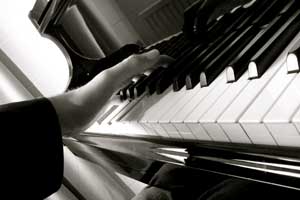 I recently did some digging and found a number of sites that specialize in providing free popular piano sheet music for my daughter. She is learning to play the piano and rather than plunk through "boring old" music she wants to try to learn to play more recent popular piano pieces. The selection of pieces at each of these sites is hit and miss, but if you look around you can find almost any current piece of popular piano sheet music and download or print it directly from their site.
I recently did some digging and found a number of sites that specialize in providing free popular piano sheet music for my daughter. She is learning to play the piano and rather than plunk through "boring old" music she wants to try to learn to play more recent popular piano pieces. The selection of pieces at each of these sites is hit and miss, but if you look around you can find almost any current piece of popular piano sheet music and download or print it directly from their site.
- Details
- Written by Chad Criswell
To view all of the MusicEdMinute Podcasts please check out my channel on Youtube.
- Details
.jpg) I just finished a Skype chat with George Litterst, the founder of a company called TimeWarp Technologies. George is a pianist and music educator that I have used as a source for other articles I have written on the topic of teaching music over the Internet. He is going to be Skyping in to speak with the audience of a session I will be giving in a couple of weeks at the Iowa Bandmaster's Conference, and he wanted to give me a tour of his Internet MIDI product. I went into the call expecting to just see little more than a glorified on screen MIDI keyboard, but came out realizing that he has really got some potential there that could become a serious technological tool for the music education classroom.
I just finished a Skype chat with George Litterst, the founder of a company called TimeWarp Technologies. George is a pianist and music educator that I have used as a source for other articles I have written on the topic of teaching music over the Internet. He is going to be Skyping in to speak with the audience of a session I will be giving in a couple of weeks at the Iowa Bandmaster's Conference, and he wanted to give me a tour of his Internet MIDI product. I went into the call expecting to just see little more than a glorified on screen MIDI keyboard, but came out realizing that he has really got some potential there that could become a serious technological tool for the music education classroom.
